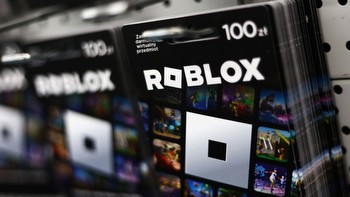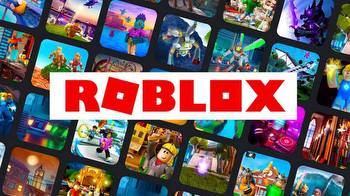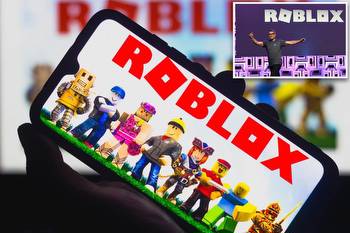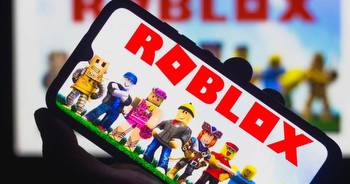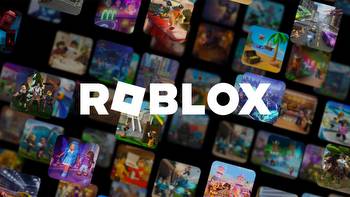Roblox Accused of Concocting Illegal Gambling Ring for Minors

Popular online gaming platform Roblox acts as an illegal gambling ring that preys on children, according to a purported class action brought by parents.
Rachel Colvin and Danielle Sass filed a complaint against
“Children, who previously could not access the funds to participate in online gambling, now have, collectively, billions of Robux at their disposal,” Colvin and Sass said.
Their lawsuit comes as Roblox faces sharp criticism for undermining efforts to make the Internet safer for minors. In May, a compliance group found the California-based company violated standards for responsible marketing to children by blurring the line between content and advertisements. Roblox was also the subject of a complaint at the Federal Trade Commission filed last year by watchdog group Truth in Advertising.
Central to the lawsuit is Roblox’s use and oversight of “Robux,” its digital currency that has actual monetary value—one Robux amounts to $0.0125, the suit said. Users under 18 can use their parents’ credit cards to buy Robux on the platform, according to the complaint, and Roblox has knowledge of each transfer in the virtual ecosystem.
The company’s terms of service purport to bar “experiences that include simulated gambling, including playing with virtual chips, simulated betting, or exchanging real money, Robux, or in-experience items of value,” the complaint says. But Colvin and Sass allege that these guidelines are “misleading” given that the company has allowed third-party gambling websites to accept online bets using the currency.
“These are third-party sites and have no legal affiliation to Roblox whatsoever,” Roblox said in a statement to Bloomberg Law. “Bad actors make illegal use of Roblox’s intellectual property and branding to operate such sites in violation of our standards.”
Roblox Corp. will “continue to be vigilant” in combating entities that engage in practices that violate policies or “endanger the safety” of the platform’s community, the company said.
Satozuki Limited B.V., Studs Entertainment Ltd., and RBLXWild Entertainment LLC are additional defendants in the lawsuit, which accuses them of making their third-party gambling websites available to users on Roblox, the majority of which are children younger than 18.
The complaint outlined the process by which minors can use the Roblox platform to gamble. After purchasing Robux through the platform, they can navigate to one of the gaming website defendants’ “virtual casinos” outside the Roblox ecosystem and link their Robux wallet to the gambling website, meaning Roblox can still keep track of electronic transfers, the lawsuit said.
While Roblox could halt this “illegal gambling ring,” Colvin and Sass argued that it’s “significantly enriched” by the scheme. They allege that Roblox charges a 30% fee on the websites’ conversion of Robux back into dollars, raking in “millions in annual cash fees.”
The complaint also says the gambling sites encourage minors to promote its illegal gambling platform, alleging that the website Bloxflip, operated by Studs, offered free Robux to users who promoted the site on TikTok.
Roblox can’t credibly claim it’s unaware of these websites because numerous social media influencers affiliated with the gaming platform have gone public with their concerns, the lawsuit says. Colvin and Sass included a screenshot of a post on X, formerly known as Twitter, by the user “KreekCraft,” who Roblox has responded to on the social media site.
“Heard a lot about rblxflip today. For the people unaware it’s a Roblox robux gambling site,” the user said in the post from 2019. “1. It is ILLEGAL for anyone not an adult to gamble. Being this site is marketed towards Roblox, ie KIDS, I wouldn’t be surprised if it got shut down.”
Colvin and Sass said they hadn’t been aware of their children using Robux to gamble while it was happening, and they demanded a trial by jury. Alongside the proposed class, they’re represented by Weitz & Luxenberg, PC and Johnson Firm. Roblox didn’t immediately respond to a request for comment.
The case is Colvin et al v. Roblox Corporation et al, N.D. Cal., No. 3:23-cv-04146, complaint filed 8/15/23.













